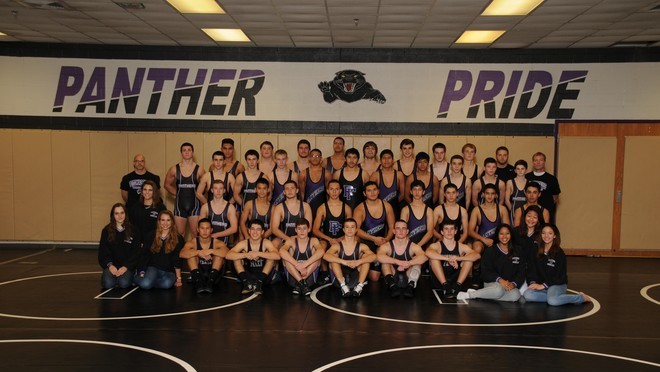Taking on the challenge
A look into what it takes to be a coach
The crowd cheers as the match is won. The team huddles and celebrates their hard earned win while parents scurry to congratulate their children. There is one person who is just as happy as everyone else. The person who invests the most time in the team and strives to make them better than they were yesterday. That person is the coach.
Coaches are often seen as the driving force behind a team, but what most people do not see is the love and sacrifices they make for the sport. They often give up time spent on doing things they enjoy for the benefit of the team.
“I loved playing sports in college and it something I have always done,” said Social Science teacher Adam Jensen.
Jensen played both basketball and baseball in his past. “I chose to coach baseball because I played it before, but basketball, coach Ewald kind of forced me,” he joked.
A coach’s main goal is to help the team win. When they do, it is one of the greatest feelings. However, along with the wins, the coaches also feels the sting of a loss.
“It hurts [when they lose]. It feels like I didn’t do enough for them. At the same time it gives you another goal to look forward to,” said math teacher Catherine Inman, a former gymnast during her high school career at Stone Bridge High School.
Coaches often face many challenges when starting out a new season. In addition to new players they are unfamiliar with, there is the problem of figuring out how much experience everyone has.
“As you get into a season with wrestling, it is a different kind of being in shape. There is a lot to getting people in shape,” said Social Science teacher Robert Puterio.
Though coaching takes much time to study and prepare for, the teachers make it work.
“It’s tough. Sometimes you get here at 8 a.m. and you don’t leave until 10 p.m.,” said Jensen.
Winning is some athletes favorite thing about a sport, but mentors would say otherwise.
“I look forward to going to practice and it’s kind of a stress relief. It takes my mind of things,” said Inman.
Though there are many things that one gives up in order to be a coach, the work does bear fruit. Whether it is seeing a player who struggled in the beginning improve or being able to partake in a sport that you love, the rewards are endless.
“You don’t do it because you’re getting paid, you do it because it’s fun,” said Jensen.


